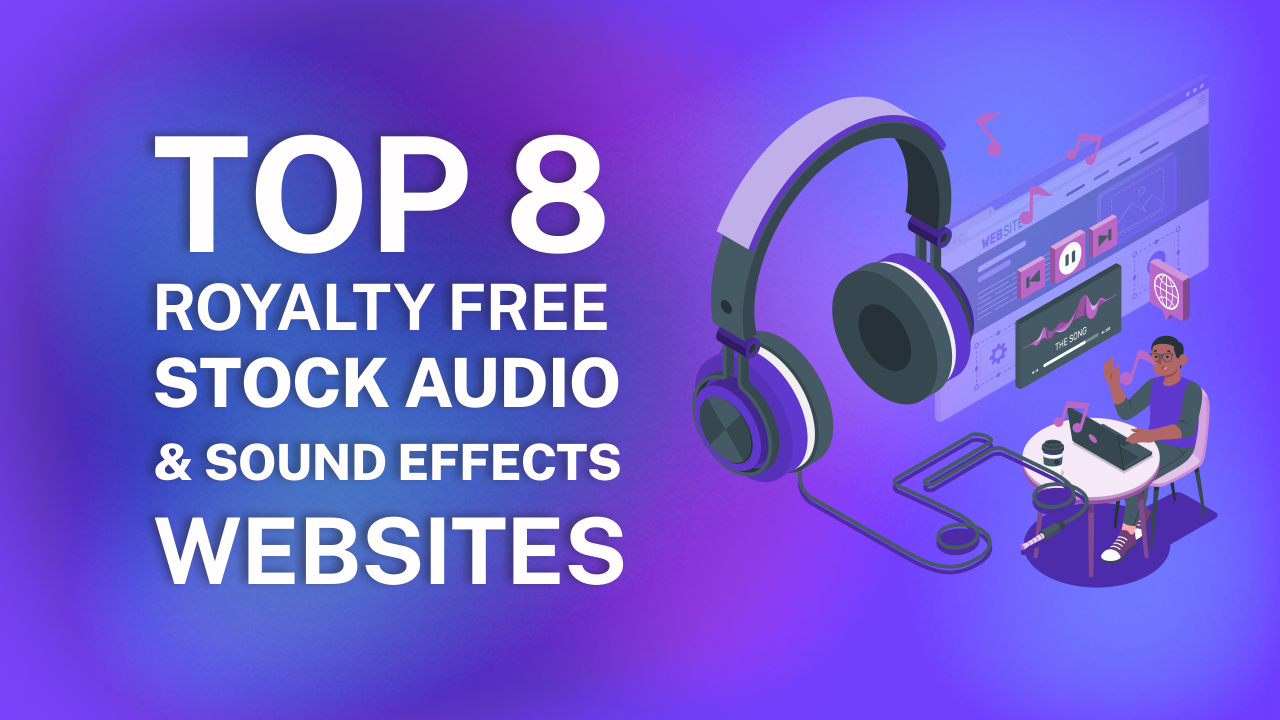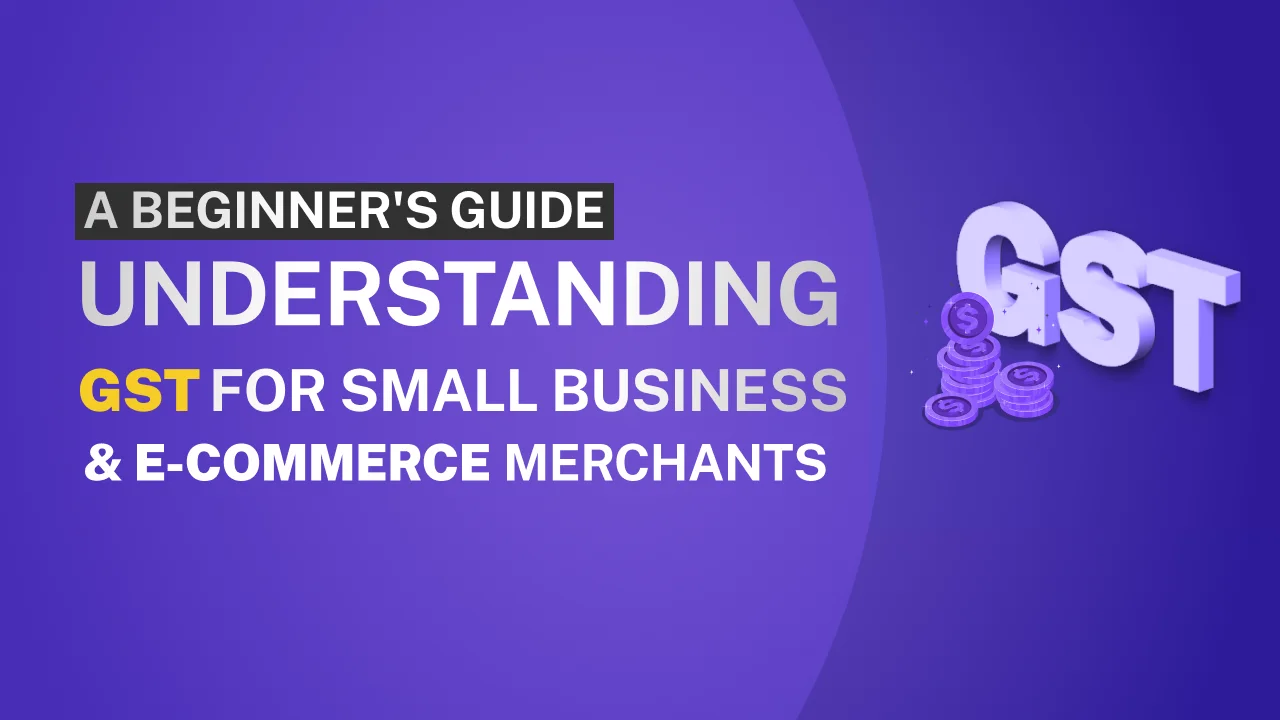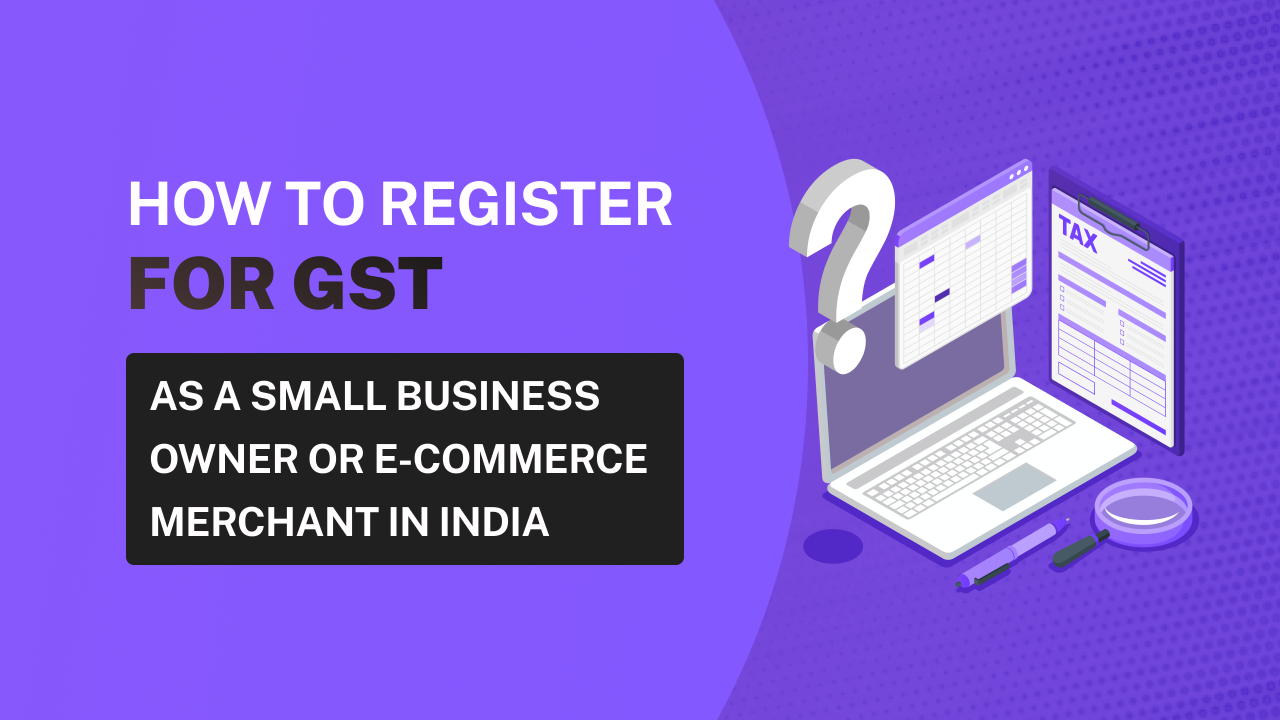
8 Free Websites to Find Music and Sound Effects for Your Videos
Make your videos stand out with free music and sound effects! Explore our list of 8 websites offering high-quality audio resources for your video projects
As someone who has been in the eCommerce industry, I’ve witnessed how the right platform can make or break an online business. I’ve had countless conversations with merchants about the best platform for their online business. One question that often arises is, “Should I start with an eCommerce website or a mobile app?”
There’s no denying that mobile apps have their advantages. However, in an online business there are many aspects that we should consider before making a decision, an eCommerce website is often the better choice for businesses that are just starting out or are in the mid-scale range.
Before getting to the reasons let's understand the basics.
E-commerce websites are like your local storefront but completely online. You don’t need to physically show up at the storefront, you just need to have an internet connection and you can reach any store you wish to shop from the best part is they’re open 24/7/365.
Mobile apps are like taking your friend shopping with you, they’re always with you when you need them, assisting you with what suits you and will readily lend a hand.
One of the first things I learned in this field is how important it is to optimize websites for search engines (SEO). In layman's terms, let's say to reach the top of the search results page on Google or any other search engine there are some best practices for optimization of search engines, this optimization practice is called SEO. With an eCommerce website, your products and services can be easily discovered through organic search in many ways. SEO is a crucial aspect of any online business. eCommerce websites have the edge here, as search engines can easily index and rank them. This can drive organic traffic to the website, leading to increased visibility and sales.
I remember working with a small business owner who was amazed at the increase in traffic once we optimized our e-commerce platform for all websites for search engines.
However, mobile apps miss numerous business opportunities that could establish connections between potential customers and your business, leading to a lack of brand touchpoints. This could potentially act as a barrier for new customers.
Let me explain the accessibility & the impact on user experience in real-time
Let's consider two e-commerce businesses, A and B, engaged in a brand awareness campaign on social media. Both receive positive responses, and users express interest in visiting their stores. The Call to Action (CTA) button is 'Visit my store.' Brand A directs its CTA straight to the product or website, while Brand B links to the App Store.
A significant majority would likely opt for Brand A. The direct link to a product or brand awareness significantly outperforms Brand B, which redirects to an app download
Why? People generally prefer avoiding multiple app downloads for a single interaction. secondly, the initial impression plays a vital role; most consumers prefer reviewing a product before making a purchase.
An eCommerce website is accessible to anyone with an internet connection and a browser. There’s no need for potential customers to go to a specific location (like an app store) to download anything. They can access your products with a single click, which is a significant advantage when you’re trying to attract as many customers as possible.
When it comes to user experience, both eCommerce websites and mobile apps have their unique strengths.
Mobile apps can offer a more personalized and streamlined experience. Apps can also leverage mobile device features. For example, push notifications can alert users about a sale or new products, and location services can offer location-based deals or suggest nearby physical stores.
However, apps require users to download and install them, which could be a barrier for some users
On the other hand, eCommerce websites can offer a more universally accessible experience. They can be accessed by anyone, regardless of the device they’re using, making them a more inclusive option.
Now, while we’re on the topic of combining the best of both worlds, let’s move on to the next best part of an e-commerce website: Progressive Web Apps (PWA).
Progressive Web Apps (PWA) have been a game-changer in the eCommerce industry. They combine the best of both worlds: the wide reach of websites and the user-friendly features of apps. With a PWA, users can add your eCommerce website to their home screen and access it offline, just like a mobile app. You can also receive real-time mobile notifications both merchant and consumer will receive an order notification.
Developing an eCommerce website can be quicker and less cost-effective than developing a mobile app. I’ve seen businesses get their website up and running in a matter of weeks while developing an app can take months.
As a business owner, weighing the factors mentioned below before diving into mobile app development is essential.
Especially during the initial stages when capital is limited, opting for a simple yet effective solution like an e-commerce website proves advantageous for reaching a broader customer base.
Building an e-commerce site has become remarkably straightforward & easy, with platforms like Shopify and Zbiz providing comprehensive solutions. Even during scaling, these platforms efficiently manage the technical complexities.
When you are starting a business, the key is to begin. Rather than waiting for a mobile app to be developed by an agency or developer, starting with one of these platforms and scaling up once sales increase is a more practical approach.
For those constrained by capital, starting with an e-commerce website and focusing on enhancing your content marketing through social media and blogging to boost your brand presence is one smooth organic, and pocket-friendly strategy.
When comparing an app and an ecommerce store, it's better to have an ecommerce store where you will have direct entry from the customer. With just a single click you can land your potential customers on the desired product or service page.
As a business owner, it is important to consider these factors before making a decision. Opting for a platform like Zbiz would streamline the entire setting up process without the need to wait weeks on end for development.
Starting with limited capital? Opt for a simple yet effective solution like an e-commerce website. It's a cost-efficient way to reach a broader customer base.
Building e-commerce sites is now easier than ever. Platforms like Zbiz and Shopify offer comprehensive solutions, handling technical complexities even during scaling.
Don't wait for a mobile app to be developed. Start your business journey with e-commerce platforms. Scale up when ready, focusing on higher sales rather than waiting for app development.
If capital is a constraint, leverage content marketing on social media and blogging. Improve brand presence effectively with less capital or zero.

Make your videos stand out with free music and sound effects! Explore our list of 8 websites offering high-quality audio resources for your video projects

Understanding GST - Basics of GST, returns, TCS, TDS for small businesses & e-commerce merchants selling online in India. Simplified

Simplify tax compliance with GST registration. One nation, one tax. Learn how to register today!